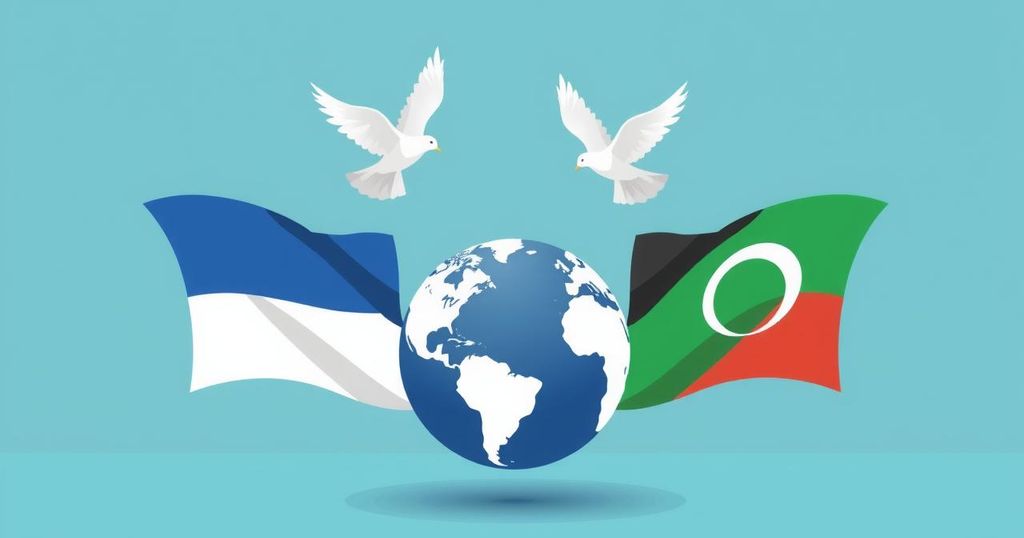The article discusses Russia’s role as a mediator between Iran and America, highlighting Putin’s readiness to support negotiations. It addresses the uncertainties in Trump’s policy towards Iran and the implications of the Ukraine conflict. Additionally, it covers Iran’s advancements in naval power and implications for maritime security.
In a recent analysis by Arman-e-Emrooz, Russia’s role as a mediator between Iran and the United States has been highlighted following comments from Kremlin spokesman Dmitry Peskov. He emphasized that Russia believes negotiations between the two nations are essential and that Russia is willing to facilitate this process. Notably, Russia has agreed to assist the Trump administration in establishing dialogue with Iran regarding its nuclear program and regional activities. President Trump expressed a desire for a verifiable nuclear peace agreement that allows for Iran’s peaceful development, although Iran maintains a firm stance against negotiations under pressure.
Shargh has raised concerns regarding the uncertainty of Trump’s policy towards Iran, citing the insights of senior international commentator Pirouz Mousavi. He noted that despite Iran re-emerging on the agenda at the Board of Governors meeting, significant progress remains elusive due to several ongoing issues. These include rising reserves of 60% enriched uranium, unanswered questions from the Agency, and disputes concerning European inspectors. Trump’s approach reflects a maximum pressure strategy, though the potential for a new agreement remains, creating a complex atmosphere that may escalate tensions unless diplomatic initiatives are successfully implemented.
In an interview with Ettelaat, Ali Bigdeli discussed the perceived connection between Trump’s behavior towards Ukrainian President Zelensky and potential negotiations with Iran. He argued that the complexities of the Ukraine situation should not be conflated with Iran’s unique circumstances. The ongoing conflict could heighten European hostility towards Russia, creating a volatile environment. Bigdeli cautioned against the notion that Trump’s actions regarding Zelensky could predict his approach towards Iran, indicating that the two situations are fundamentally different.
Ham Mihan reported on Iran’s advancements in naval capabilities marked by the introduction of the Shahid Bagheri warship. Though the ship might not match modern carriers in technical sophistication, it reflects lessons learned from the experiences of Yemeni forces. The potential for Iran’s anti-ship missile technologies, combined with naval robotics, poses a growing threat to global maritime trade, particularly if aligned with militant groups. The complexities of modern warfare and Iran’s evolving logistics highlight the challenges of traditional arms control measures in addressing these emerging threats.
In summary, the article examines Russia’s willingness to mediate between Iran and the United States, while outlining the complexities of the current geopolitical landscape. President Trump’s conflicting strategies of maximum pressure and potential negotiation create a precarious balance. The distinct situations surrounding Iran and Ukraine further complicate interactions. Additionally, Iran’s expansion of its naval capabilities underscores its commitment to utilizing lessons learned from regional conflicts, which may challenge existing maritime security frameworks.
Original Source: www.tehrantimes.com




